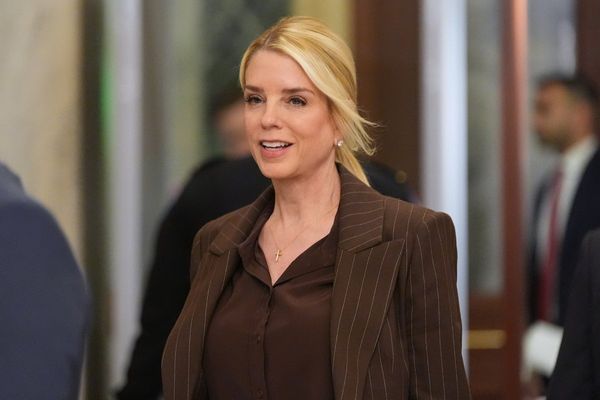
Over cups of tea in his ramshackle London home, I chatted with a novelist. It felt a valuable opportunity, given his multiple fictional treatments of London, to discuss the city’s rapid changes that I was also writing about.
Talk inevitably turned to its expanding population of wealthy residents. He told me that he had once thought about writing a novel about the super-rich, but concluded that it would ultimately be too boring. What could one say about people whose lives were not connected to others? What would the characters be shown to do with their limitless time?
In the 1950s, the acclaimed sociologist C Wright Mills observed that the idea that the elite occupied a “sad, empty space at the top of society” was, in many ways, simply a way of becoming reconciled to the fact that we are not rich. The actor Michael Caine later appeared to rework Mills’ statement when he commented that “the idea that money doesn’t buy you happiness is a lie put about by the rich to stop the poor from killing them”.
Today, the idea of a politics of envy in the UK seems to serve much the same purpose – proposals for tax reform and greater contribution are met with disdain – often referring to the choking of ambition, deterring wealth creation or, worst of all, the rich moving elsewhere.
In my research on London, I have come to realise that one of the very last places the rich would leave is this fine city. In reality, the rich need the city like an astronaut needs a spacesuit: it provides a climate-controlled place of comfort and support without which their lives would be impossible.
The city is home to around 100 billionaires and 5,000 we can think of as super-rich (those with £20m-plus in non-housing, disposable assets). A further 350,000 count as the city’s more middle tier wealthy (with around £700,000 or more in assets).
Right now, in the middle of the Covid-19 crisis, it is hard to remember that even just a few months ago we were being told by wealth analysts that we were entering a new Roaring Twenties. But unlike that decade of riches a century ago, this one appears to be starting with a Groundhog Day rerun of the last crisis of 2008 – with major question marks hanging over how to fund an economic recovery, the prospect of widespread casualties of the virus and an enduring recession to come.
The fortunes of the world’s 20 richest have seen around $293bn (£230bn) shaved off in the past three months. Just a few days later we found that the fortunes of other billionaires had grown significantly. The general rule, despite the changing fortunes of individual rich folk, is that money continues to rain upwards.
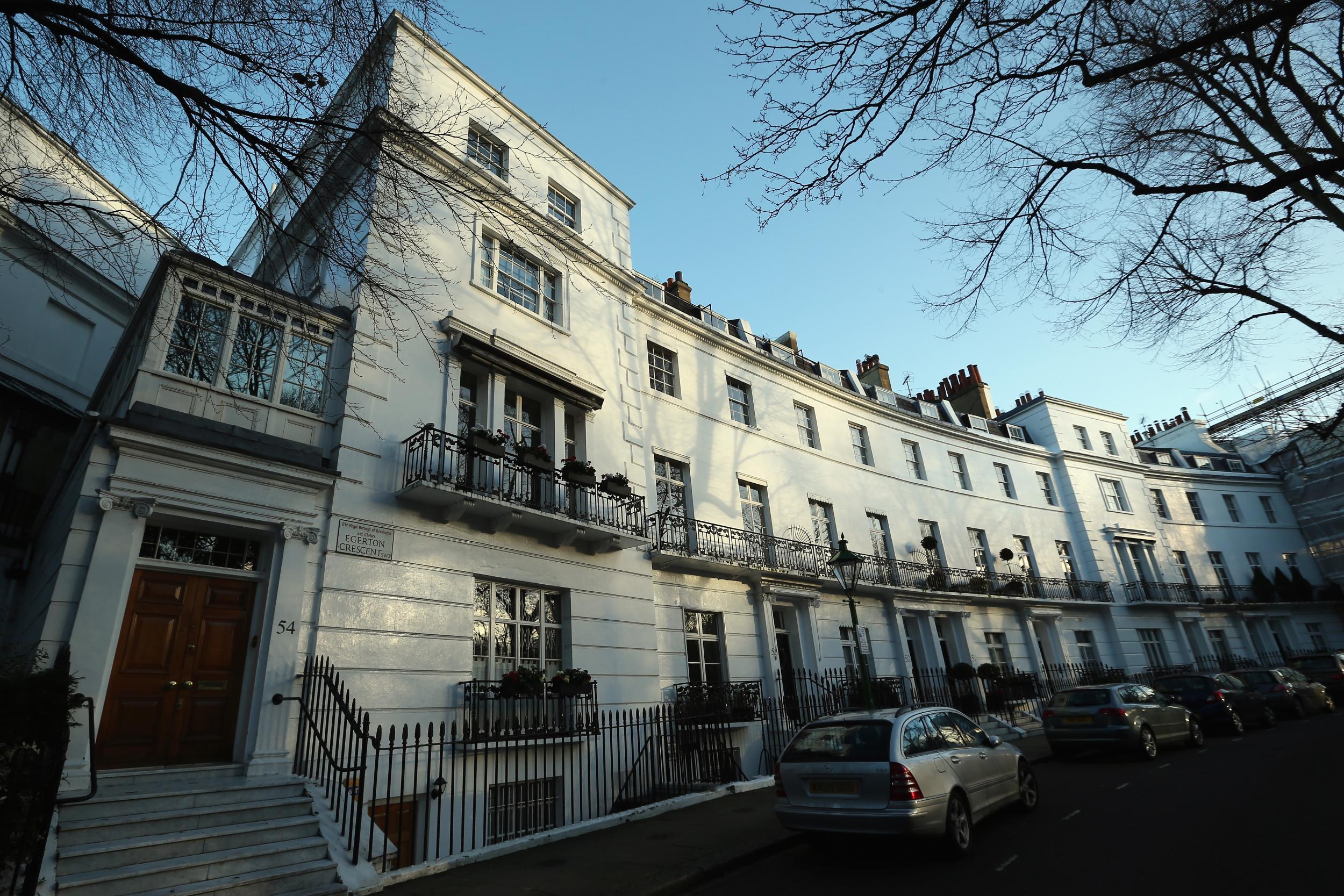
So it seems clear that those with plenty will more than survive the economic crisis generated by Covid-19. Similarly we can see that London’s position as an alpha city is unlikely to be affected even by the threat of pandemic and recession. Its systems of government, corporate life and finance are more resilient and effective than we might believe.
I have occasionally talked to researchers who, when discussing their work on the rich or powerful, meet the response that what they study is a waste of time and effort. I still remember the comment of a city councillor who, when I excitedly said that I was doing work on London’s rich, gently asked: “Why not something on Sheffield’s poor?” Ouch.
Yet investigating the life and impact of elites and the rich is critical. Part of the reason for this lies bundled in the often invisible connections that we can trace between rich and poor, the excluded and those otherwise damaged by the excessive inequalities of societies globally.
The wealthy are a protected and problematic bunch. As government contracts are handed out to UK Conservative Party members and donors, as bailouts are given to wealthy and profitable companies, and as tax evasion, laundering and fraud are identified in multiple reports we see the methods by which riches are expanded or secreted. Influential reports have also shown that in the cases of land ownership (1 per cent of the UK owns 50 per cent of the land), tax havens, big money and political influence, wealth is a question that should interest everyone.
If we really want to understand the poverty and problems of many people we would do well to look up. In an unequal society, divisions focused around housing, employment, material poverty, health and care can be traced back to economic and political decisions, and to the operation of societies that repeatedly produce the same winners and losers.
Fresh from my doctoral studies in London I landed as a green researcher in the world of opportunity that was Glasgow – the first Labour government in 18 years pumping investment and resources into poorer urban communities and employing social scientists to monitor these issues and consider how to resolve these problems. That seems an entirely different world to the one we inhabit today, on so many levels.
Since then the UK has had a massive financial crisis, years of public funding cuts, massive social distress, only to face these problems again in a more extreme form as Covid-19 wreaks havoc. And this pattern is mirrored in numerous other countries.
I cut my teeth on studies of how households were displaced from gentrifying areas of the city. In Glasgow, I worked with colleagues on the question of how areas of concentrated poverty affected their residents. But I also remained interested in how the middle classes affected life in the city and turned back to study gentrification, and then gated communities in England.
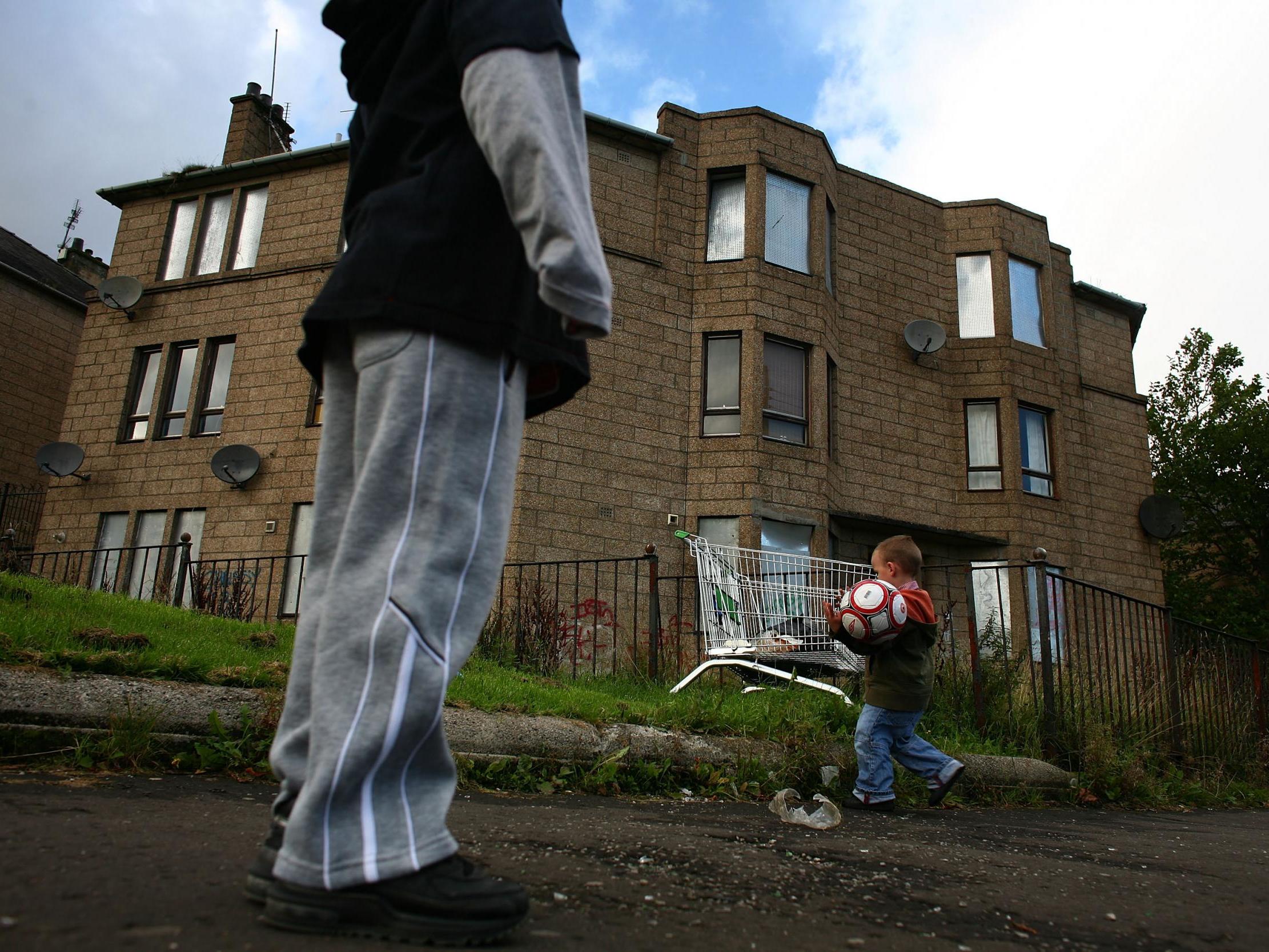
One way of summing up this body of work lies in the idea that space is important to social relationships and a sense of togetherness – with new suburban extensions to cities and gated estates fuelling a kind of break in social relations that damages urban life in subtle ways. In the UK’s cities, the sense of social and physical distance was, in complex ways, changing, breaking down and remaking urban social life. Cities were proclaimed to be increasingly privatised, unhappy and divided in the 2000s. Worse, all of this had been happening even as they were targeted for improvement and investment.
While this situation was clearly not comparable to the hyper-segregated and often risky US metropolis, the UK’s public history of open streetscapes and democratic urban centres was clearly being eroded. The market had been allowed to run freely as a means of boosting state expenditure and what was described as an urban renaissance more often appeared to produce inferior copies of Barcelona squares, with low-grade apartments and multiple signs telling us not to park.
And then the rich arrived.
I have dinner with one of London’s elite real estate agents, an imposing figure, vital, well-groomed, super-confident. He tells me he can show me round some of the homes available locally, costing in some cases more than £10m, but I would need to undergo criminal checks first. Talk turns to why I am doing the study. Of course, he is all for sociologists learning more about how the property market works, he says. But a look in his eye suggested sudden wariness.
London has always been a wealthy city, but it has seen a step-change in its fortunes in recent decades. Though right now the market is on ice and has seen the volume of sales decrease, it is still the case that numerous super-prime homes are sold each year. Many of these sales are to wealthy urban Brits but a substantial proportion, often much more than half in some neighbourhoods, go to offshore anonymous buyers through trusts, or to wealthy international investors and buyers.
You will be familiar with the story and rising criticism, that much of London’s housing development has been a process of accommodating dollars, rather than people. Property becomes something to borrow against, buy and trade on an upward rising bubble of prices, fuelled by more speculation and borrowing, and the arrival of many more people from around the world with bundles of cash to spend. In many cases, such homes are bought and lie empty, or are used to store criminal cash as it is laundered or from huge reserves held offshore (around £28 trillion). Today it is estimated that around 42,000 properties in London have been purchased from these sources. These aspects of London’s apparent success on the world stage give rise to the impression that it is a landscape of riches built on dodgy money, which has done little to contribute to the wider city, except to generate even further rises in house prices.
The elite agent I’d had dinner with later emailed me to say that it would, on reflection, not be possible to do a tour of one of the local mansions. He wished me good luck with the research.
London is a receiver and maker of the global finance economy. Its resplendent position is derived from intertwining histories, of the industrial revolution, of fortunes made by old and new elites jostling for place in growing cities. It is a history that takes in empire, its subsequent fall and the eyeing of new opportunities in order to retain an economic, if not military, position on the global stage.
The City of London is critical to this series of changes and, with it, the political system has taken on and helped to broadcast the apparently commonsense view that what is good for this goose is good for the country more broadly. The city is linked to other golden egg-laying entities – numerous tax havens, flows of international capital and so on. Much of this goes on in a high trust, low regulation environment designed to capture this wealth and maintain a powerful homegrown industry on the back of it.
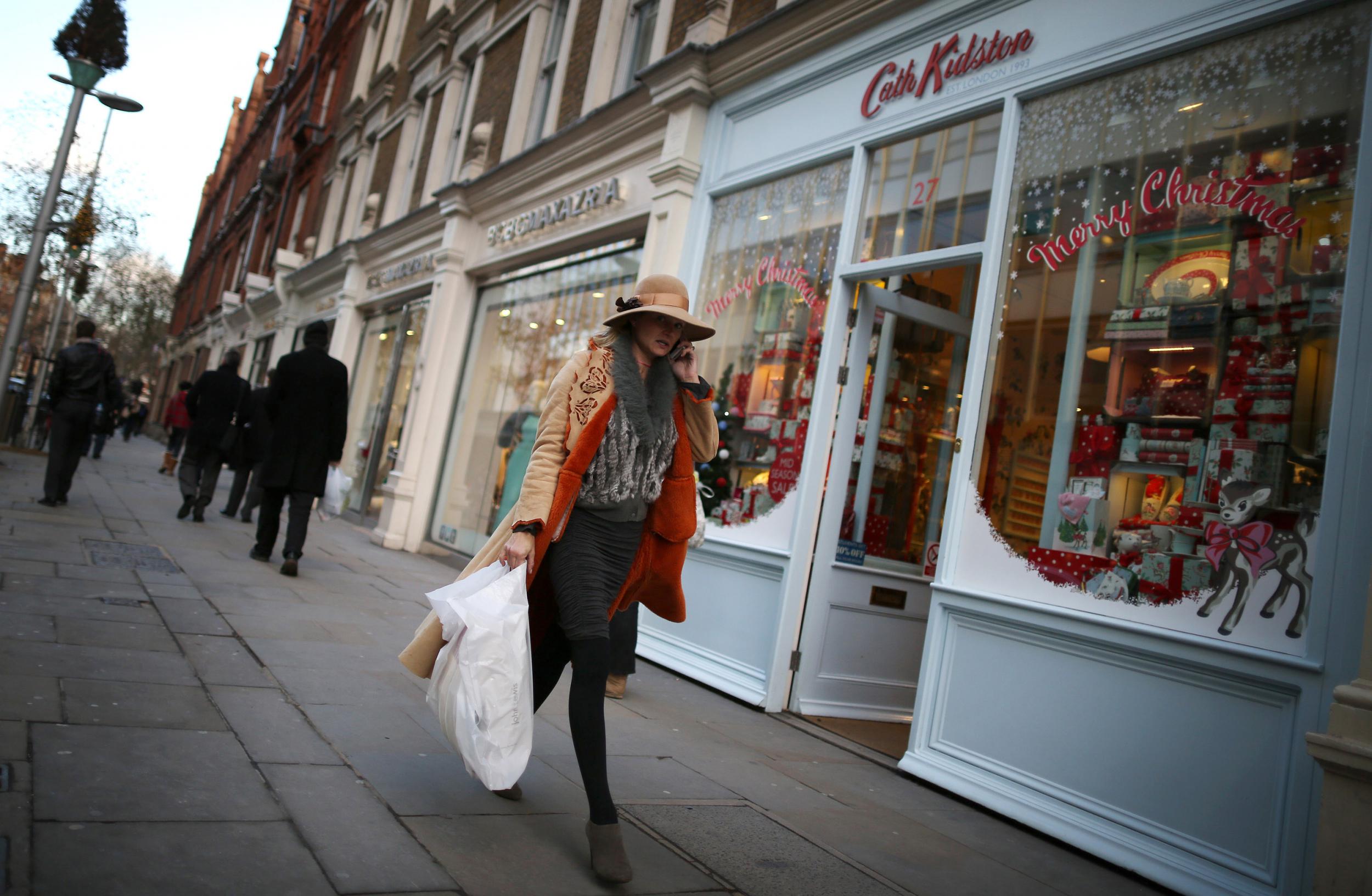
London’s broader “offer”, of fine homes, beautiful urban neighbourhoods often attached to parks, luxury services and shops, welcoming plush hotels and a sense of grandeur and place, cement the economic value of the city as a place to actually live and take a seat alongside the existing elite. As one walks these areas, small glimpses of the incredible niceness of life at the top can be gleaned: a sense of ease, comfort and confidence.
This world has been mothballed by Covid-19, but lockdown for the elite is not the same thing as for everyone else: with ample space and money, they suffer the least.
Walking over Charing Cross bridge one day last year I saw a wall of cranes standing above the Shell Centre. A report I was carrying in my bag told me that more than 90 per cent of these apartments have been sold to anonymous offshore jurisdictions.
Drinking a coffee in the lobby of one of the city’s newest five-star hotels, the almost invisible but helpful staffer offered me a copy of The Times. I read about Zamira Hajiyeva, the banker’s wife who spent £16m in Harrods over just a few years, and the long process by which the National Crime Agency came to the conclusion that her fortune was of dubious origin. Yet this case has remained among a mere handful targeted at those laundering illicit proceeds (and whatever happened to a report on Russian money in British politics?).
A property investor tells me he knows that there are many thousands of these cases but that they will never see the light of day. Why should politicians and police forces become overly moral about crimes where the only seeming impact is to create a market in overpriced homes? I turned back to my copy of The Guardian and read that 130,000 preventable deaths have been linked to austerity cuts to public services.
Money and investment capital is a force to be reckoned with. It propels the construction of high-rise blocks, carves out the ground beneath palatial homes by the thousands, created new super-prime residential blocks and delivered fortunes to those mediating these changes. JCBs are left entombed inside – perhaps as many as 1,000 over the past two decades – not worth the cost of extracting them.
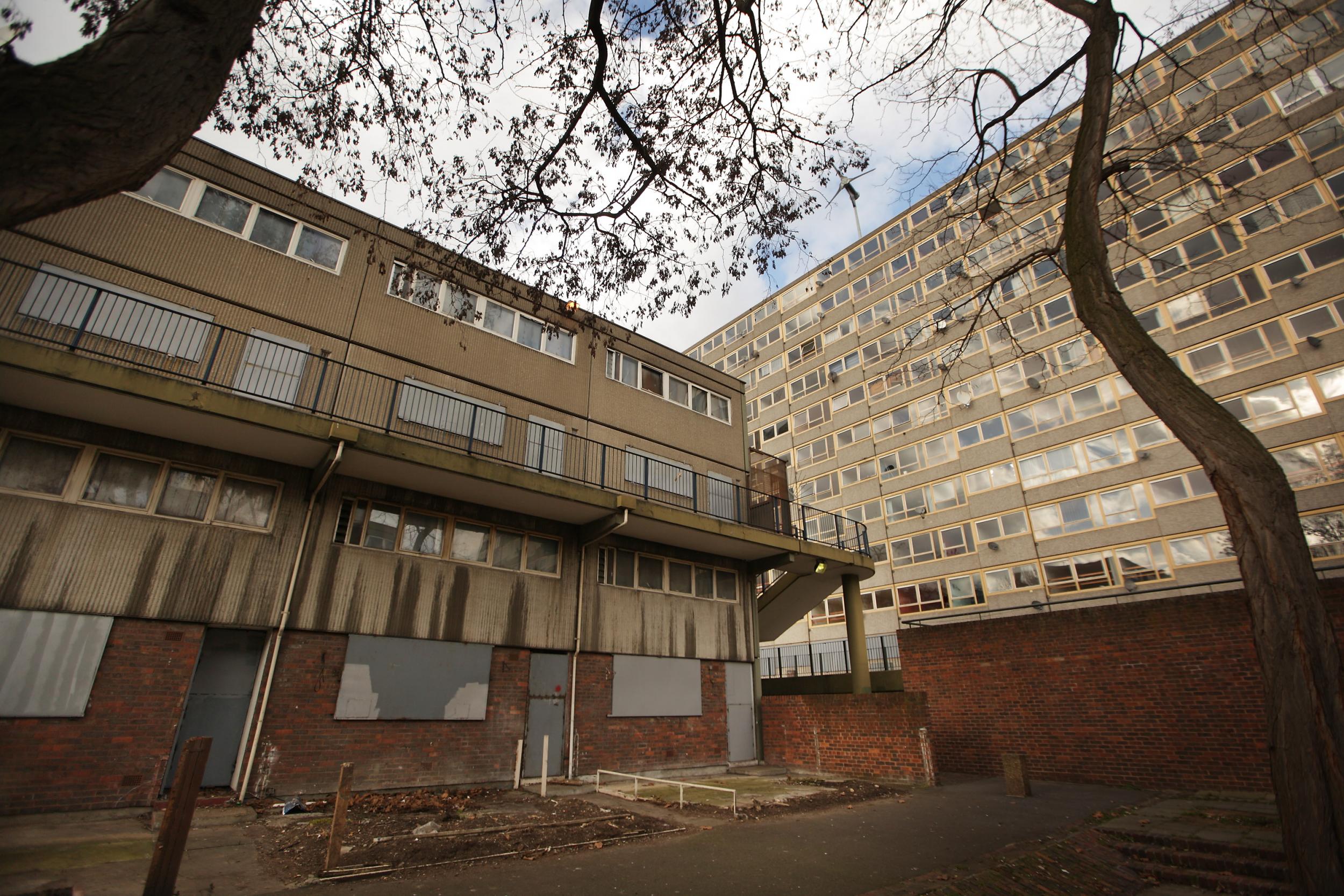
Yet each day I seem to read reports in The FT under which reader comments are either filled with disgust at who the city has been opened up for or, alternatively, confused at what is the fuss about – if we don’t take their money, some other city surely will? Yet to suggest that the rich are an unadulterated gift to the city would be a mistake.
One way of thinking about what London has become is to describe it as an alpha city. This term denotes a pre-eminent position in the global capitalist world economic and political order. But we can also use it to offer a deeper idea about what the city has become – a grasping political and economic machine whose very culture is infused with the need to maintain its position via an open faucet of global capital because, well, this will float all boats, right?
You will know this argument, but you may not be fully aware of the rotten foundations on which it stands. The city works in concert with its property lobbyists and, via appeals to the need for development and unending rounds of global capital investment, to help ride out the risks of economic downturns and reverses. Come rain or shine, the city works hard to position itself as the preferred destination of many of the international super-rich. Yet, simultaneously, this is a city where an estimated 200,000 have lost their homes from the demolition of housing estates.
The city is a site of wealth creation, but also a place in which the areas in which the rich live – its alphahoods if you will – enable social and power networks to become established in both open and shadier ways. This is not because there is some grand, fraudulent practice at work among the city’s elites. Instead there is an idea, a sense of how the city should work and what it can deliver, and this notion galvanises and animates many tens of thousands of people who work to ensure that it is protected – because their own pay cheques rely on it.
The idea of the alpha city resides in the sense that upward marching property values are a good thing, that the City of London is a gift to city and country, that the rich are self-made wizards of finance, property and technology, and that the maelstrom of urban life that results from these various ingredients makes London simply the best city in the world.
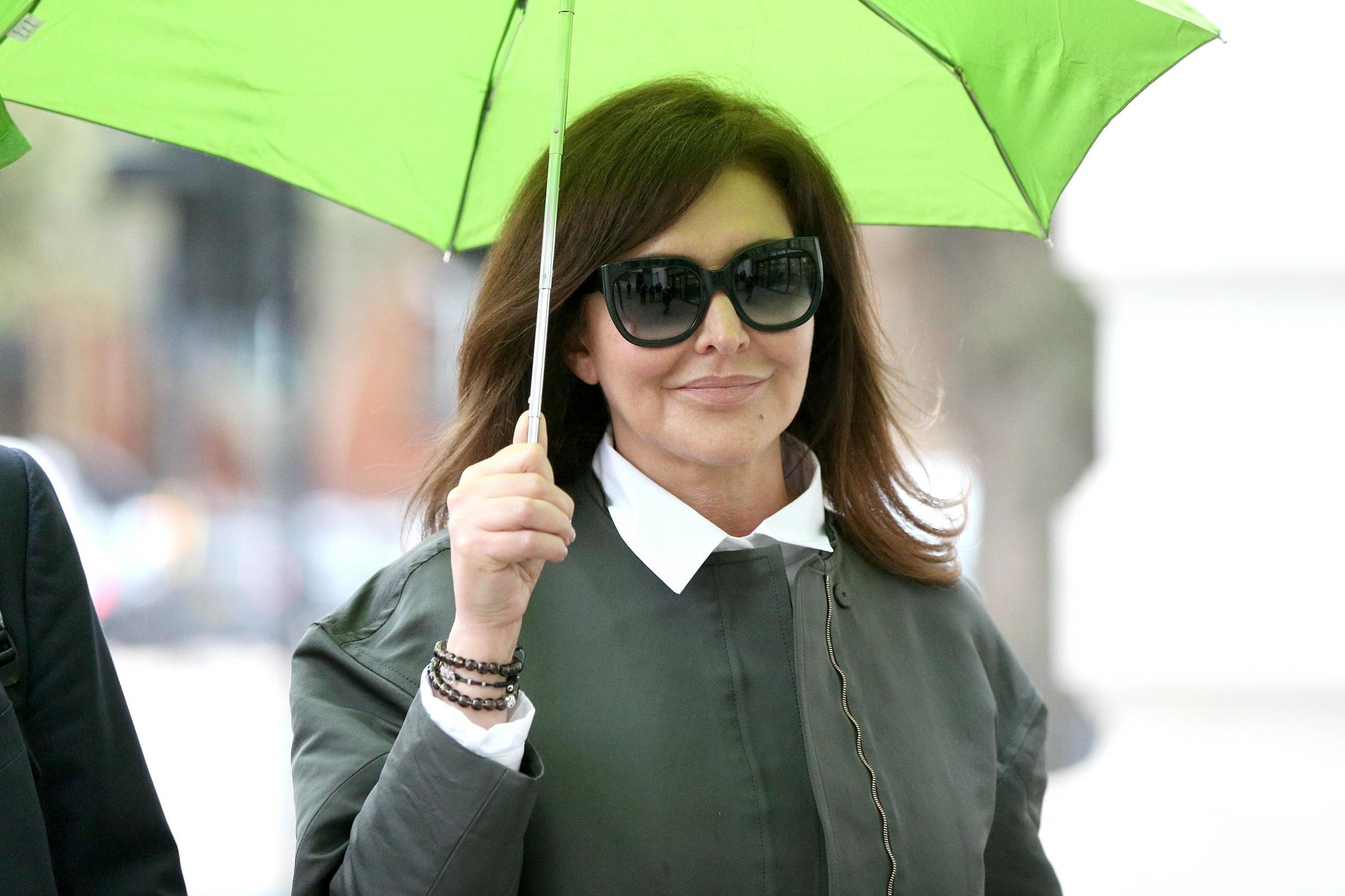
But many of London’s inhabitants are, in reality, victims of this idea. This includes many graduates, new operators of the banking system sharing a flat to get by and many other well-paid professionals who themselves struggle, or see their children floundering in an overpriced housing market.
Right here, right now, it doesn’t seem possible to think of London as the keystone city in a finance system that bridges the world, a place in which the rich, honeyed capital and pampered bodies will again flow. At this very moment, the city’s cautiously refilling streets feel deflated by the Covid-19 crisis, like those of its similarly wealthy counterparts, Hong Kong and New York.
The city’s frenetic activity, the wheeling, dealing and the snapping up of luxury homes and other trophy assets are temporarily on ice. Yet only a moment before the city went into lockdown a home was sold, the most expensive ever in the city, to a single Chinese buyer for more than £200m. In just the first three months of 2019, £1.3bn of homes were sold in the city priced at more than £5m, the price above which is broadly included as “prime” sales.
Despite this, many in the development and property sectors have complained of the impact of tax tweaks, the impact of Brexit and then a potential death blow dealt by Covid-19. All of this sets the scene for how we might imagine or hope the city to recover, a crossroads much like that after the 2008 financial crisis from which the social disaster of austerity was unleashed. Calls for tax cuts and help for the property sector are already evident.
Now there is something of a great stink. But, unlike the infamous event in which the Thames became blocked following the cholera epidemic of 1848, today it is the fuss being made over wealth and its corrupting influence on the city. The rule of profit-maximising developers and compliant local authorities will continue unless stronger challenges are mounted – planning will need to be reworked and social housing should see a resurgence through state investments (these could be plugged into a green new deal that could prop up builders seeing hard times).
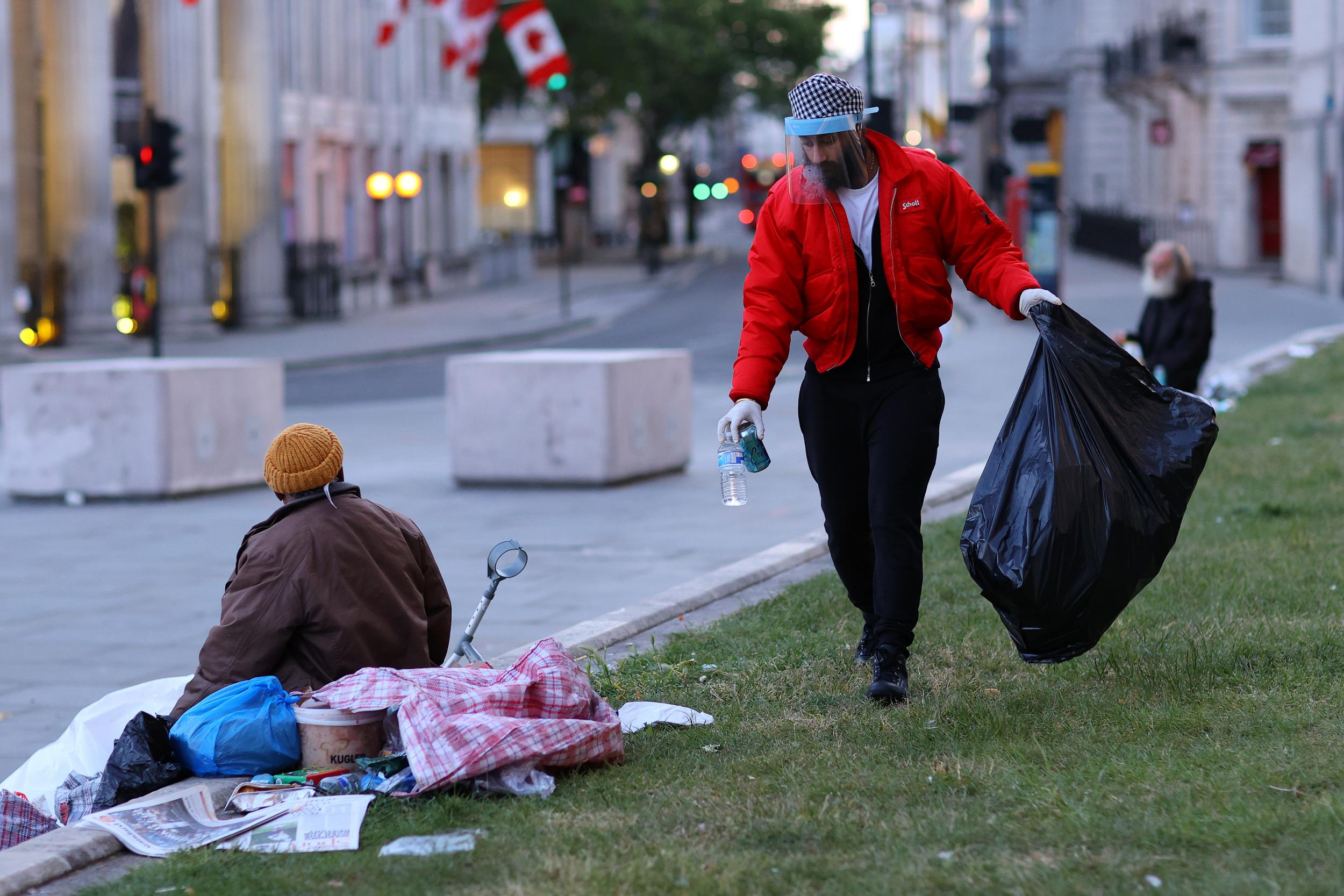
The furious debates to come will also be fuelled by anger over inequalities that were made more transparent by Covid-19. The treatment of key workers in health and social care is one sign of an apparent groundswell of demands for greater recognition of those who are not part of the alpha economy, its losers who are clearly so precious. Commitment to social justice all too easily wavers. One minute the street homeless problem was, as if by magic resolved as the government funded a scheme to bring the homeless off the streets during the Covid-19 crisis. A moment later this funding was withdrawn, and rough sleepers are soon to emerge blinking and back on the streets.
It seems possible that future debates about how we plan, build and manage a city like London will be influenced by these inequalities as the roadmap to recovery is slowly unfolded. We should likely be much more angry than we are already, but this ire should be positively channelled towards whatever opportunity we get to make a better choice to ensure London and all of our cities and communities see a more sustainable and socially just future.
To be sure, it is a nice life, existing inside the warm circuits of the alpha city. Emerging after a week’s fieldwork into a less salubrious part of town I felt a strange sense of risk and disorderliness that I had not recognised before. Arriving back in my university city, after getting the tram home, I passed the bodies and faces of those marked by poverty and a kind of anger arose in me as I realised how entirely avoidable and invisible these lives were to those living in London’s rich neighbourhoods.
This point belies a much deeper issue. What does poverty mean to the owner of an opulent penthouse on the Thames, a luxury home in a gated community or a palace built from tech wealth in Mayfair? How can the demands of those who are rewarded so little be made to be heard and to generate traction for even modest commitments to contribute more by the well-off. None of this is to suggest that the rich are in some way ignorant or unaware of what it means to have little, and many of them care a great deal. But this does not detract from the powerful role of money and place in adding vitality to popular ideas that wealth is justified and that the poor can be vilified or ignored.
In many ways, we may hope that London becomes a “beta” city, to the benefit of all its citizens.
‘Alpha City’ is published by Verso Books on 16 June
Rowland Atkinson is a professor and research chair in Inclusive Societies at the University of Sheffield. This article first appeared on The Conversation


